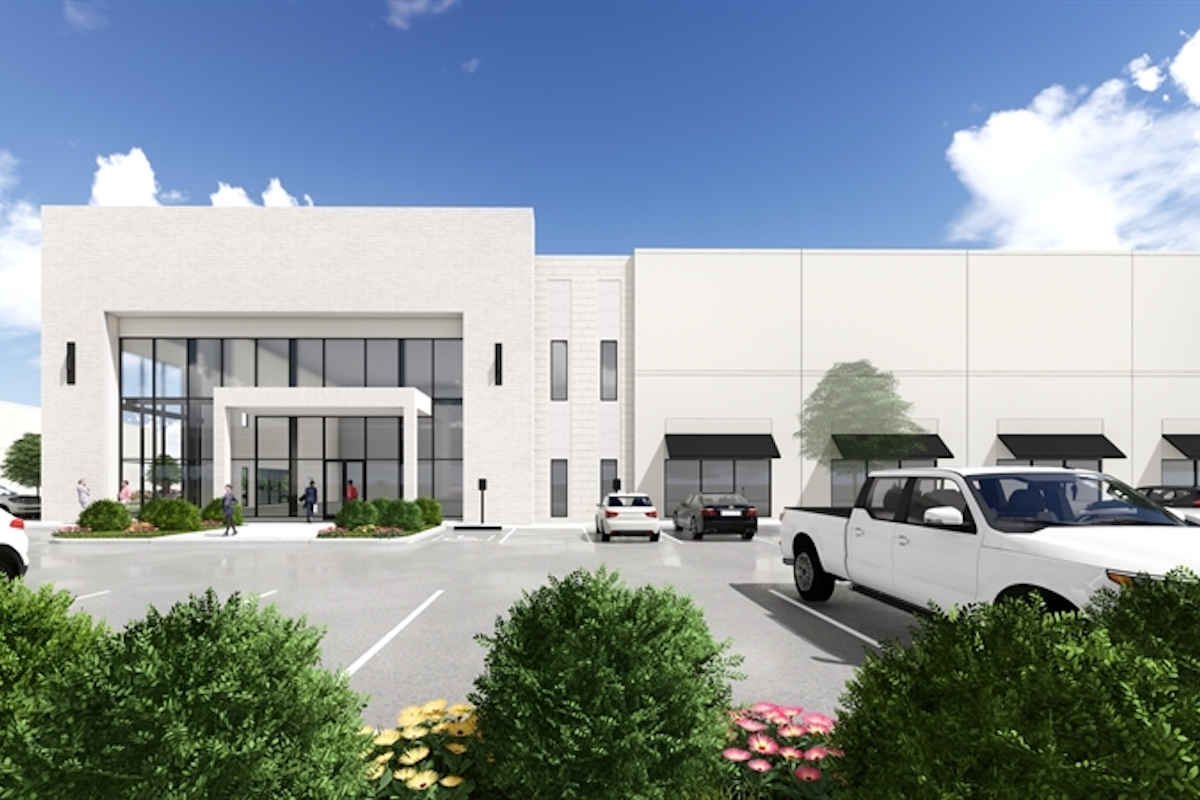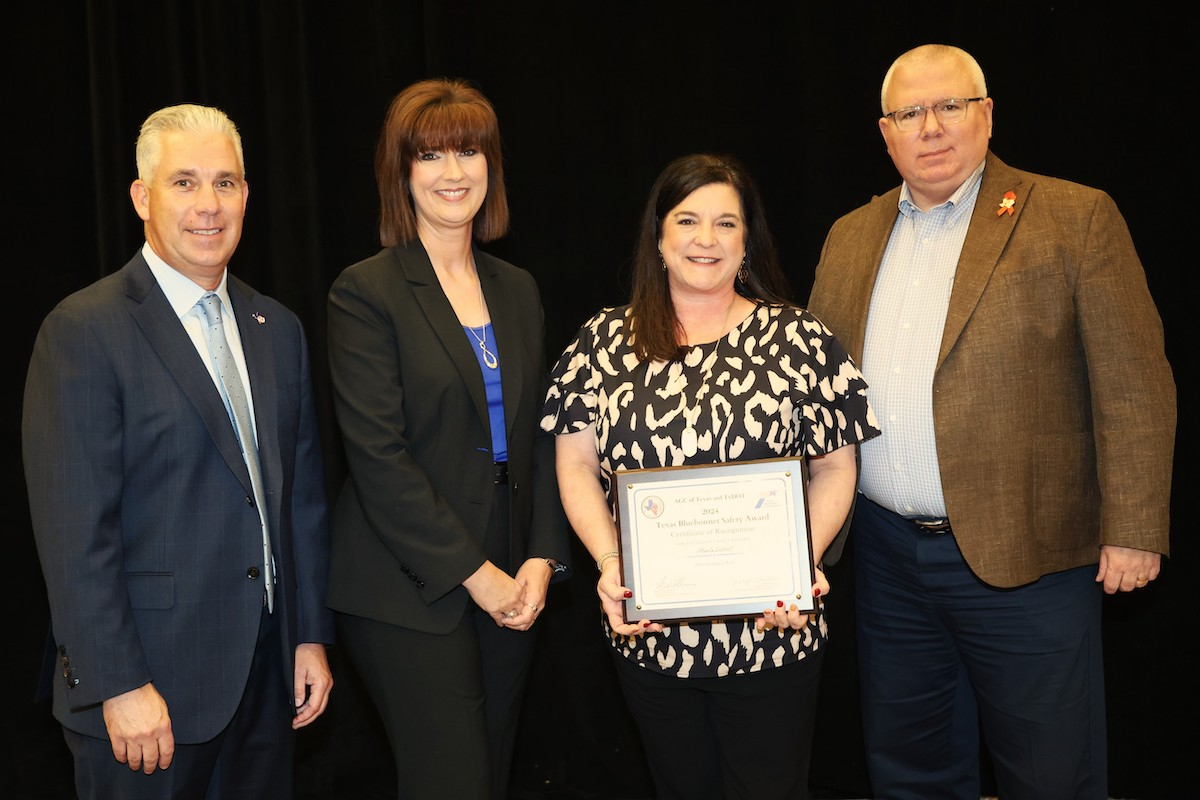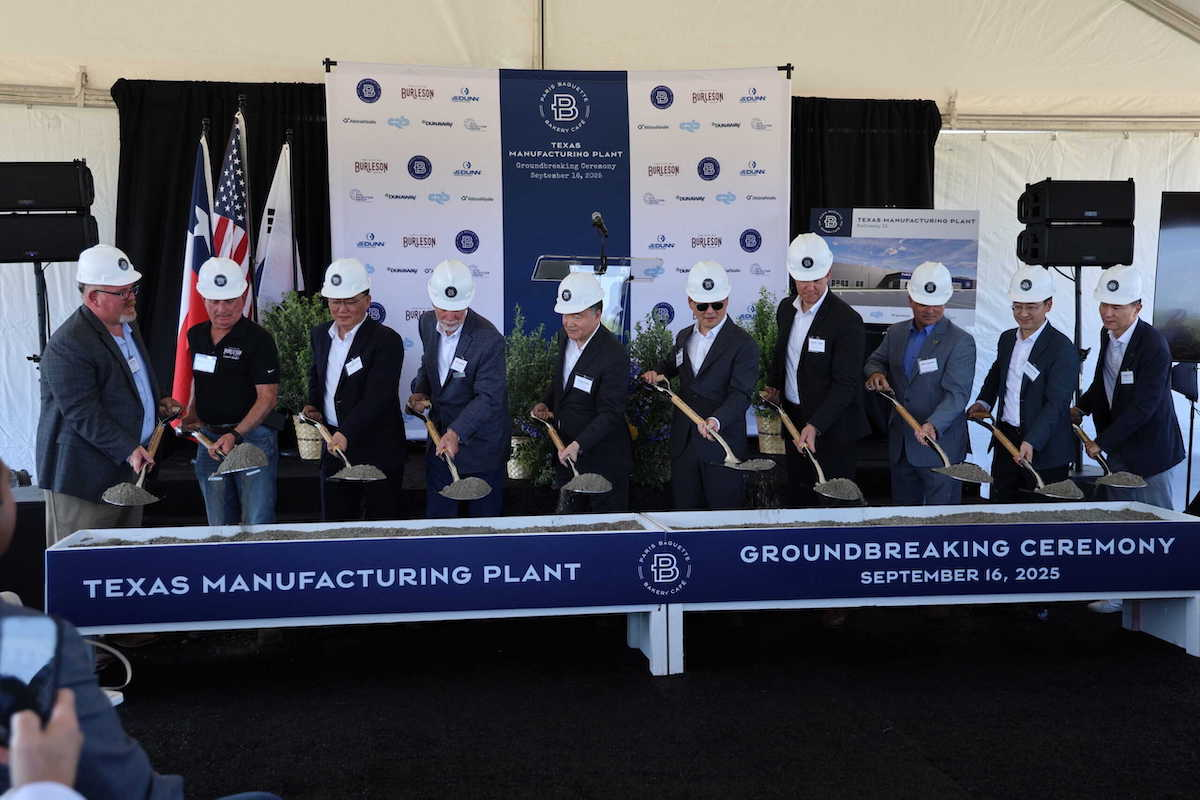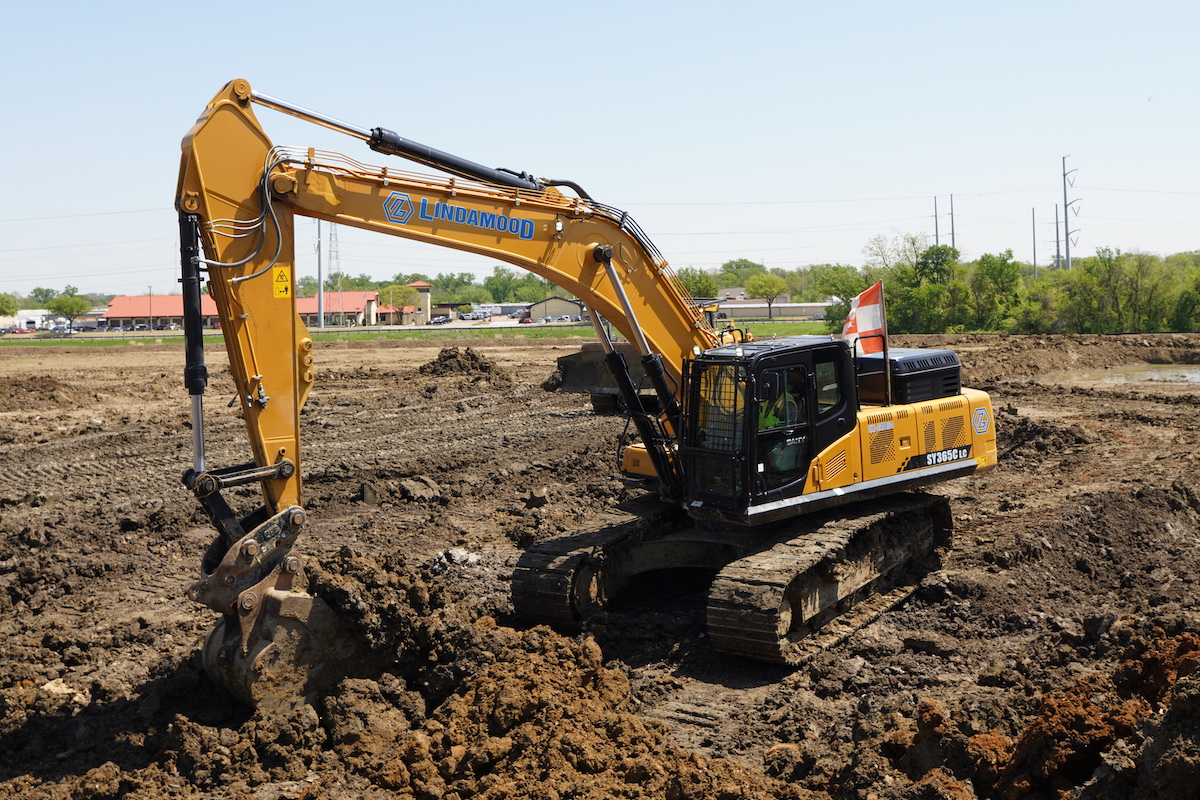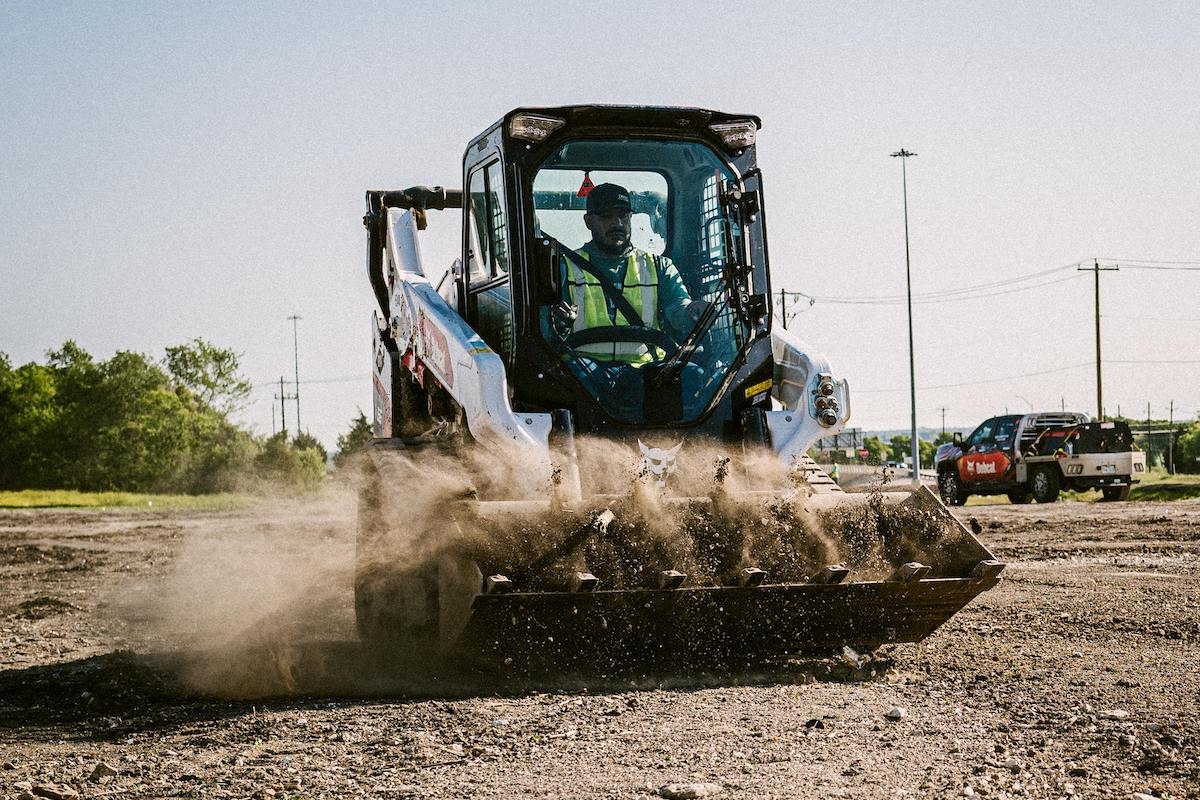But what about the tools and techniques that go into winning and preparing for those machines to move? Sometimes forgotten in the thrill of the dig is the value of some of those familiar technology-enabled solutions to win jobs and set the stage for productivity, efficiency and quality delivery.
In the following, we look at a few familiar technologies that may be able to create even greater value in the pre-construction phase of your jobs.
For many, the speedy, accurate survey data also provides a tremendous preconstruction advantage. Heavy civil contractor Whitaker Construction Group, Inc. in Paso Robles, California, for example, regularly uses drones prior to beginning a job to make sure that the as-built conditions meet expectations.
On projects with multiple contractor teams, those eyes in the sky can define and refine schedules and facilitate more efficient workflows. On one very large project, Whitaker was contracted to perform grading and paving work on roadways immediately after the foundation work was performed by another contractor. Matt Bousman, Partner and President at Whitaker, said, “With the drone data, we’re able to check their progress, which has allowed us to protect our scope of work and optimize our crews and equipment.”

| Your local Wirtgen America dealer |
|---|
| Kirby-Smith Machinery |
| Nueces Power Equipment |
And these models don’t have to be complicated.
The Turner Construction Company Virtual Design and Construction (VDC) team uses a range of cutting-edge tools to successfully deliver complex projects, and Trimble SketchUp is part of its toolkit. Renzo di Furia, Northwest Regional VDC Manager for Turner, says, "Most of our projects start at the pre-construction stage to help develop and complete the design, a process that sometimes takes more than a year before site work begins.”
For the purpose of estimating, di Furia and his team build 3-D models with a quality control model in SketchUp to map out the desired square footage, surface area, and volume. The 3-D model is also used for logistics planning and construction sequencing.
Matt Peters, Superintendent at Pueblo, Colorado-based Solid Earth Civil Constructors, adds, “The real advantage of using 3-D technology for estimating, modeling and surveys in the preconstruction phase is that it’s much easier to then move to the construction phase because we’ve got data in a 3-D format. Previously, we would bid jobs using 2-D data and then start building the 3-D model. Now we use all the tools that we use during construction for all takeoffs and layouts, and to work with complex 3-D models in the field.”
Transportation agencies are also getting on board. With the goal of limiting the need for the contractor to remodel and, potentially, get better bid pricing, the Utah Department of Transportation has been using 3-D models on projects like the I-215 resurfacing project. Once the projects are awarded, the contractor will typically expand on the same 3-D model and ready it for machine guidance systems.

| Your local Sennebogen LLC dealer |
|---|
| WPI |
| ASCO Equipment |
One of the challenges in the estimating, bidding and pre-construction phases of a project is often the limited ground-based infrastructure like base stations, radio or internet connectivity necessary to survey and develop estimates for materials, labor and machines. The most common survey approach would be to use RTK, but that requires a fixed base station to acquire correction data.
Propeller, the drone mapping company, developed AeroPoints high-precision lightweight ground control points that connect to correction networks and eliminate the need for base stations and rovers.
But what if ground access is not readily available? That’s where a GNSS solution such as Trimble RTX comes into play. RTX is a family of real-time GNSS positioning services available via IP/cellular or satellite delivery worldwide. The services utilize real-time satellite measurements from a global network of tracking stations, along with highly accurate atmospheric models and algorithms to generate Trimble RTX corrections. These corrections are then broadcast to the receiver via a set of geostationary satellites or over the Internet, which the receiver uses to improve the accuracy of its GNSS positions.
While stand-alone GNSS positioning without corrections provides horizontal accuracies that are typically more than 1 meter, Trimble RTX correction services can provide horizontal accuracies better than 2 centimeters – ideal for pre-construction activities.
Imagine the possibilities of an RTX-enabled ground-based survey solution such as Boston Dynamics’ Spot the robot dog as a pre-construction tool for gathering as-built conditions inside or out?

| Your local Broce Broom dealer |
|---|
| Nueces Power Equipment |
When asked about visible pre-construction process improvement Solid Earth has realized, Peters concluded, "We don’t get paid unless we’re moving or pouring something, so we’ve always done a good job with estimates and tracking material moved – but, to continue our growth and succeed with ever tighter margins, we want and need to continuously improve. I can see the value of technology, and the subsequent ROI every day. For instance, our estimators are able to put together extremely accurate bids in a few days – a task that even a few years ago might have required a week or more.”
As contractors continue to expand their high-tech toolboxes, keep in mind that many of the systems and solutions used to drive project productivity can also better prepare your crews for success before ever putting blade to dirt.

















